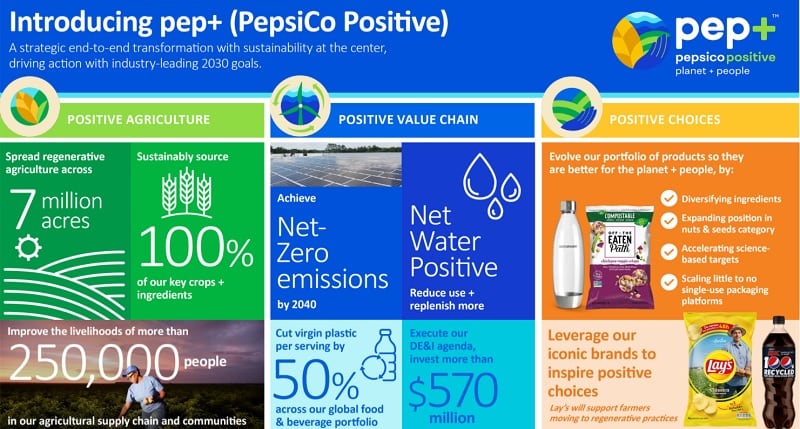The authors of the study, published in the PeerJ journal, collaborated with farmers using regenerative farming practices to conduct an experiment.
All the participating 10 farms, mostly in the Midwest and in the Eastern US, agreed to grow one acre of a test crop -- peas, sorghum, corn or soybeans -- for comparison with the same crop grown on a neighbouring farm using conventional agriculture.
The results showed that the crops from farms following soil-friendly practices for at least five years had a healthier nutritional profile than the same crops grown on neighbouring, conventional farms. The farms practicing regenerative agriculture had healthier soils, as measured by their organic matter, or carbon, content and by a standard test, and showed a boost in certain minerals, vitamins and phytochemicals that benefit human health.
The food grown under regenerative practices contained, on average, more magnesium, calcium, potassium and zinc; more vitamins, including B1, B12, C, E and K; and more phytochemicals, compounds not typically tracked for food but that have been shown to reduce inflammation and boost human health. Crops grown in the regenerative farms were also lower in elements broadly detrimental to human health, including sodium, cadmium and nickel, compared with their conventionally grown neighbours.
"Across the board we found these regenerative practices imbue our crops with more anti-inflammatory compounds and antioxidants," said lead author David Montgomery, Professor of Earth and Space Sciences at the University of Washington in Seattle.
"What we're seeing is that the regeneratively farmed soils had twice as much carbon in their topsoil and a threefold increase in their soil health score," he added.
Organic farms avoid chemical pesticides but they can vary in their other farming practices, such as whether they have a diversity of crops or till the soil to control weeds. Results from a previous review study, published by Montgomery last year, show organic crops also generally have higher levels of beneficial phytochemicals than crops grown on conventional farms.
The researchers believe the key lies in the biology of the soil -- the microbes and fungi that are part of the soil ecosystem -- as these organisms directly and indirectly help boost beneficial compounds in crops.
"The biology of the soil was really the part that got overlooked in moving to chemistry-intensive farming," Montgomery said. "It may be that one of our biggest levers for trying to combat the modern public health epidemic of chronic diseases is to rethink our diet, and not just what we eat, but how we grow it."
The study also included cabbage grown on a no-till farm in California and a single wheat farm in northern Oregon that was comparing its own conventional and regenerative farming practices and provided both samples. The study included meat from a single producer, Brown's Ranch; the beef and pork raised on regenerative agriculture feed was higher in omega-3 fatty acids than meat from a conventional feedlot.
"The goal was to try to get some direct comparisons, where you controlled for key variables: The crop is the same, the climate is the same, the weather is the same because they're right next to each other, the soil is the same in terms of soil type, but it's been farmed quite differently for at least five years," Montgomery added.
Would the study expect similar results with farms in Europe using regenerative faming practices?
"In general I would expect to see differences based on soil health, though it will take a lot of further work by others to figure out how much of a difference which suites of practices can make," Montgomery told FoodNavigator. "For example, there are a number of studies that suggest comparable differences in phytochemical contents between conventional and organic produce.
"Probably the most important word in the title of our paper was 'preliminary' as we had a limited number of samples from a small set of paired farms and comparisons. But I would say that our study certainly invites further work to assess the generality, mindful that there are varying ideas of how to define 'regenerative' as well. I'd like to see a lot more studies start quantifying: How do differences in soil health affect the quality of crops that come from that land?"
Reference
Soil health and nutrient density: preliminary comparison of regenerative and conventional farming
PeerJ
DOI: 10.7717/peerj.12848





